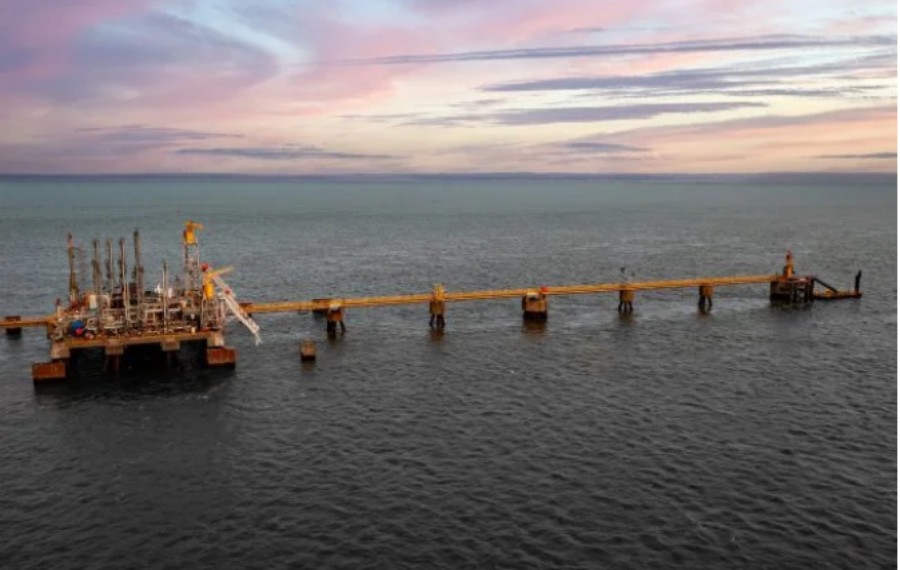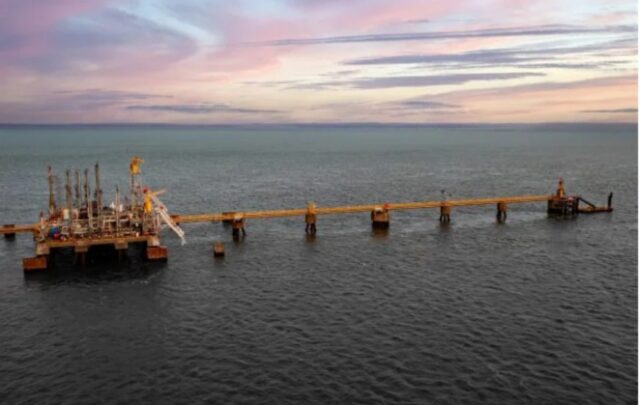
Think tank Carbon Tracker argues that private equity-backed companies operating in the North Sea could see cash flows decline by more than 60% in a ‘moderate’ net-zero transition scenario.
North Sea oil and gas production is expected to plummet in the coming years, as renewables become increasingly competitive. Now, a new report by the think tank Carbon Tracker argues that private equity companies invested in North Sea (UK and Norway) oil and gas assets are particularly vulnerable to losses as demand falls. Private equity’s presence in the North Sea has grown steadily since the 2014 oil price crash.
In 2010, just 8% of North Sea assets were held by private companies, with the remainder owned by publicly listed oil majors and state-owned utilities. Currently, 29.7% of North Sea equity licences are held by current or former private equity-backed ventures, according to recent analysis from the Common Wealth think tank.
Carbon Tracker argues that while all upstream investors risk being saddled with stranded assets as demand for hydrocarbons falls, private equity companies are particularly vulnerable. For starters, the private equity industry is already facing “serious headwinds” as the low interest rate environment that “buoyed private markets” for the last decade “has, at least temporarily, come to an end”.
Private equity companies across all sectors are “being squeezed from both sides” as higher interest rates dampen “Limited Partner” (investors in private equity funds) demands for their services, while they find it “increasingly difficult to find successful exit routes for their investments” due to “serious commodity price risks”. Private equity companies invested in North Sea oil and gas assets are especially vulnerable due to transition risk, as well as unstable oil and gas prices, the think tank argues.
Carbon Tracker identifies ten private equity-backed companies currently active in the North Sea, of which eight are actively producing oil and gas.
Each of these companies is expected to see cash flows decline by between 63% and 100% between 2024 and 2030 in a ‘moderate’ transition scenario (the International Energy Agency’s Announced Pledges Scenario (APS), which takes into account “announced” climate pledges and sees warming limited to 1.7°C).
See Also:
- Exclusive: Gas-fired power sector booming like there’s no tomorrow
- How to mobilise private finance for climate adaptation
Carbon Tracker looks at both sanctioned (post final investment decision) and unsanctioned (new) projects. The think tank’s modelling finds that every company, apart from Repsol, would experience negative cash flows by 2030 from unsanctioned projects under a “moderate” transition.
Read the latest issue of the OGV Energy magazine HERE
Published: 08-02-2024




